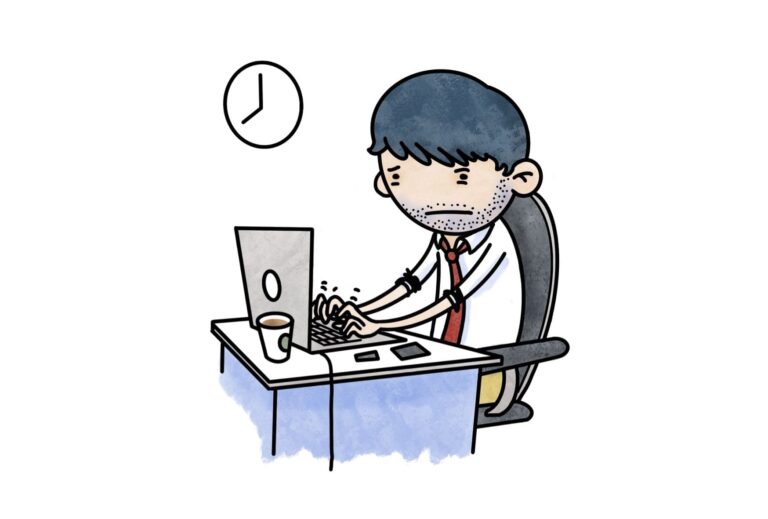What's the difference between overtime and overwork?

Overtime is a noun. It means extra time a person works. In casual English, we sometimes say OT.
Ex: I usually finish work at five o’clock. Yesterday, I did two hours of OT. (I finished work at seven o’clock.)
Ex: When we work overtime, we get paid time and a half.
We often say that we “work”, “do”, or “put in” overtime.
• I’m not finished with this report, so I have to do a little overtime tonight.
• Last week, I put in about eight hours of overtime.

Overwork is a verb. It means to work too much. When someone or something is overworked (adjective) they are harmed or even may even die.
Ex: All these operations overworked my computer and it died.
Ex: Office workers in Tokyo have reputation for overworking themselves.
Of course, there are some other expressions with very similar meanings.
• Burn yourself out.
• Run yourself into the ground.
• Work your fingers to the bone.
• Work your tail off.


